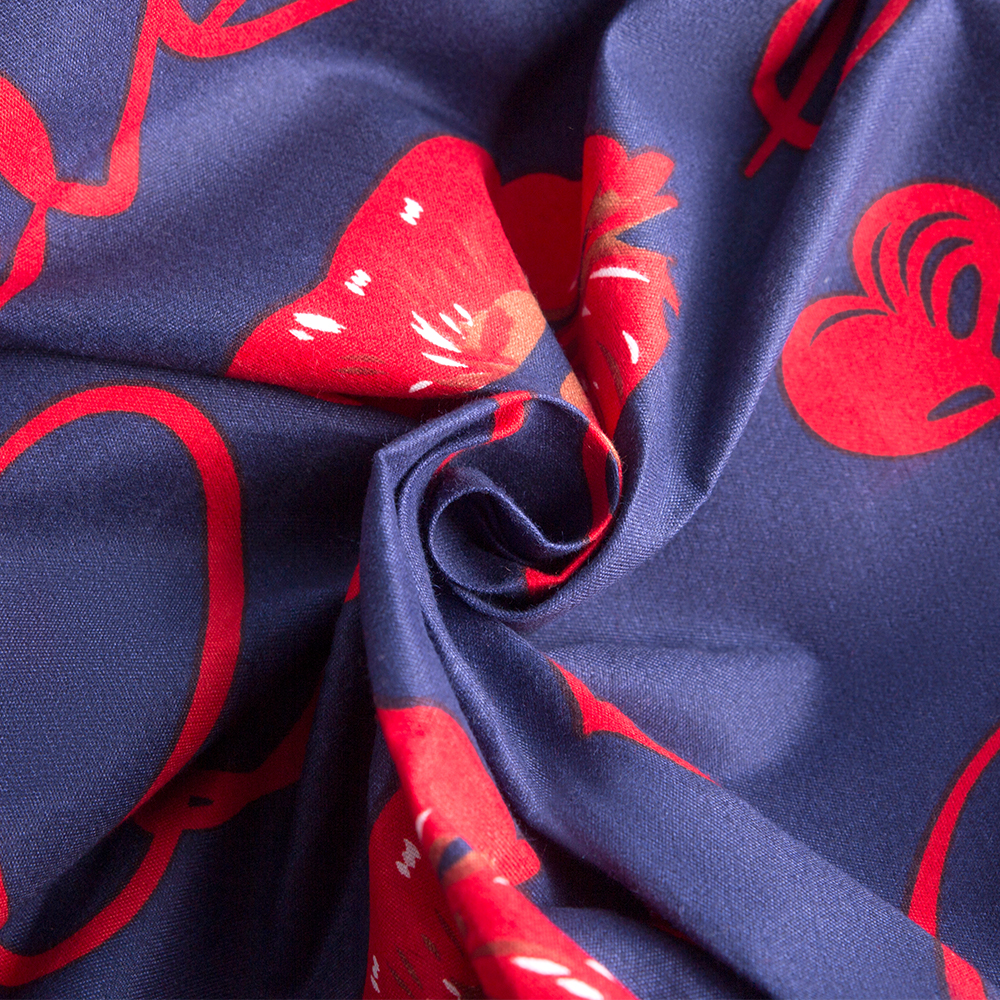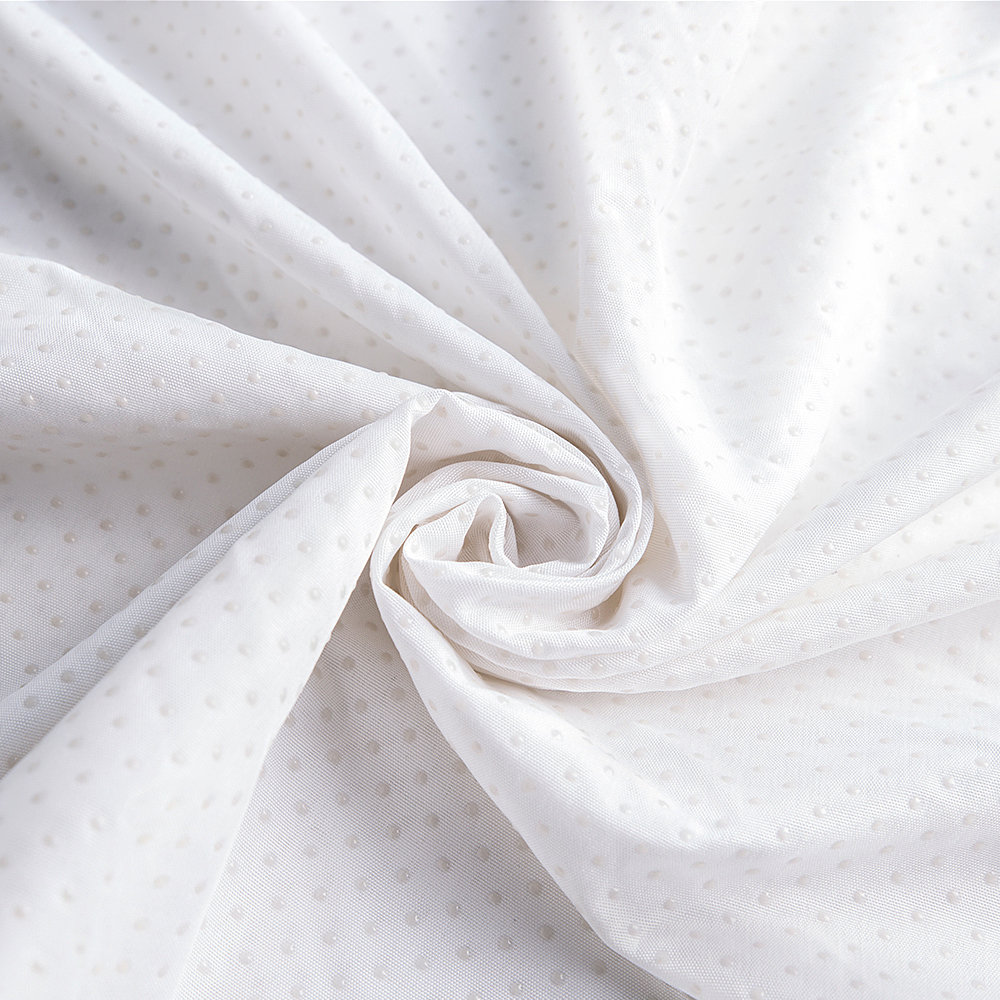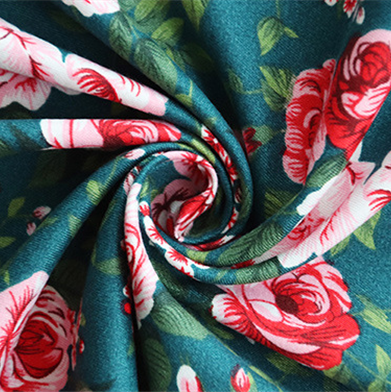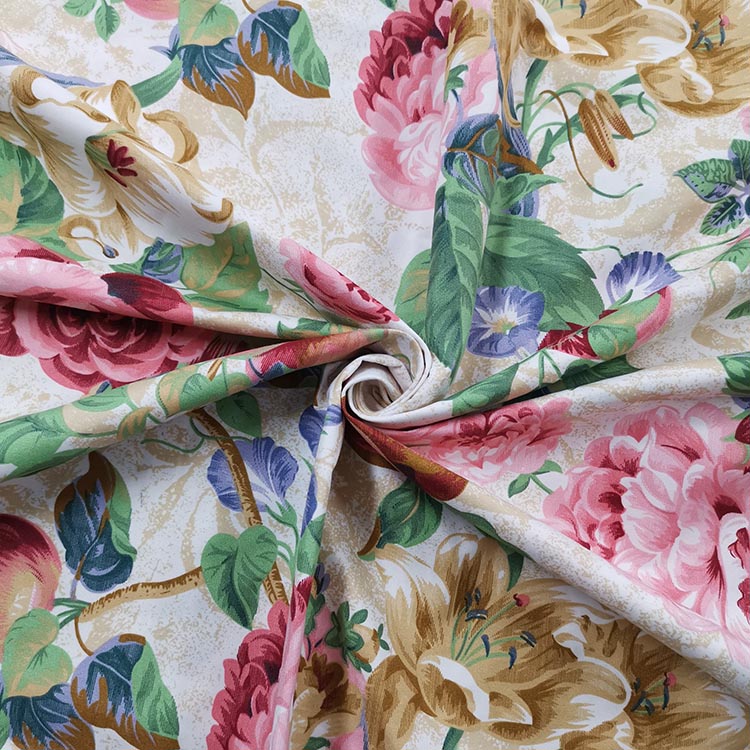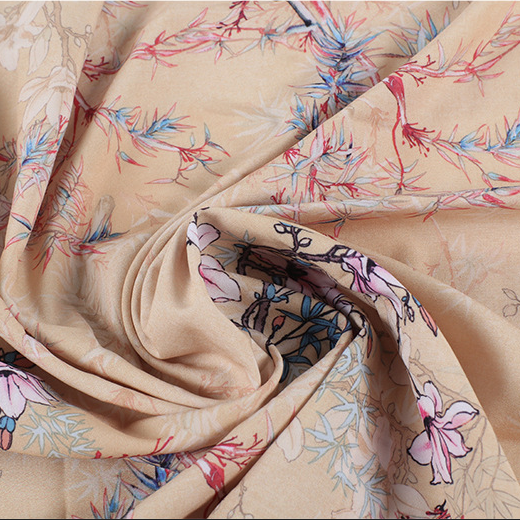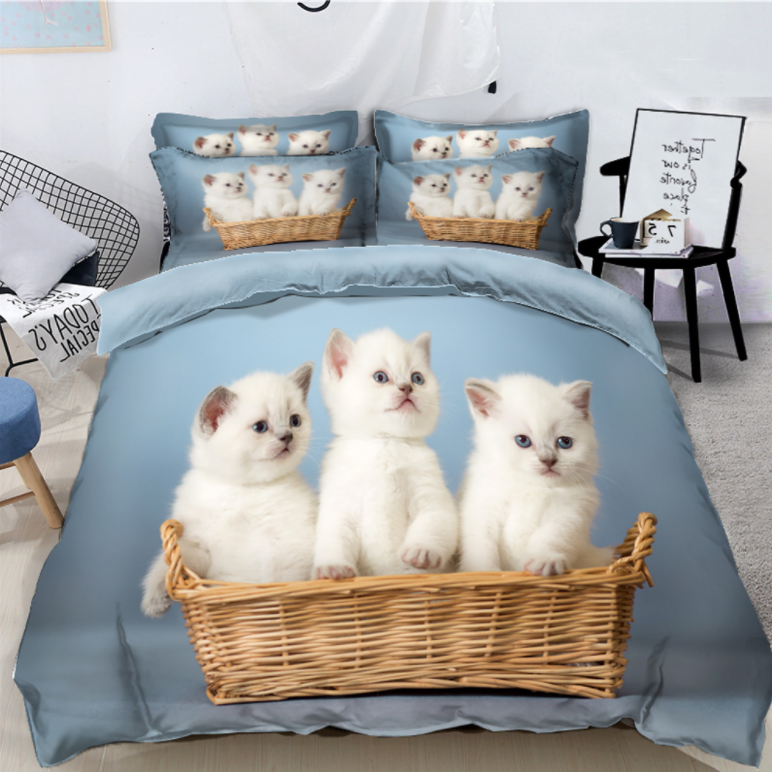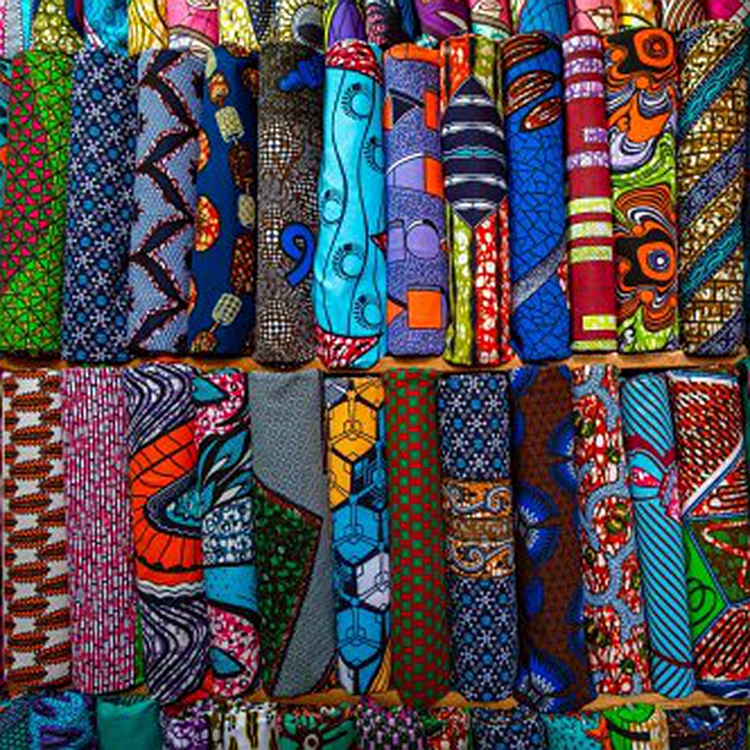Polyester is one of the most commonly used synthetic fibers in the world, known for its durability, strength, and versatility. Among the different types of polyester textiles, polyester blank fabric stands out as a highly adaptable material used in a wide range of applications. Whether for fashion, home decor, or industrial use, polyester blank fabric serves as a fundamental base for countless products.
Polyester blank fabric is known for its robustness and resistance to wear and tear. It has a high tensile strength, meaning it can withstand heavy use and rough handling without easily tearing or fraying. This makes it ideal for both everyday consumer products and industrial applications where durability is key.
One of the standout features of polyester is its resistance to wrinkles and shrinking. Unlike natural fibers such as cotton, which can shrink or lose shape when washed, polyester maintains its structure and size over time. This makes polyester blank fabric an excellent choice for products that need to maintain their appearance after washing.
Polyester fabric is highly efficient at wicking moisture away from the body, which makes it popular for activewear, sportswear, and other items where breathability is important. Additionally, polyester dries quickly, ensuring that the fabric does not retain moisture, which helps prevent the growth of mold and mildew.
Polyester blank fabric is light yet sturdy, which contributes to its versatility across different product categories. Its lightweight nature makes it a practical choice for both clothing and home decor applications, offering comfort without sacrificing strength.
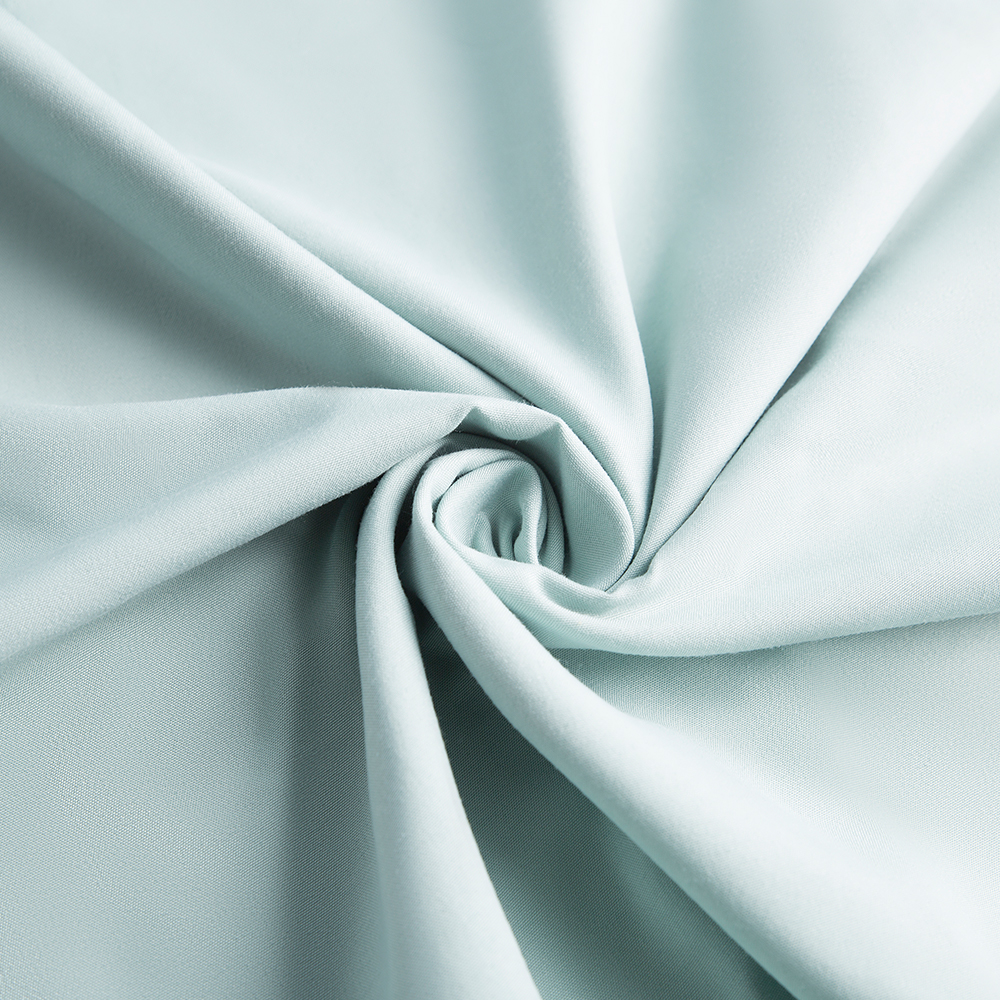
Since polyester is highly receptive to dyes, it can be easily colorized in various shades. This makes polyester blank fabric a preferred choice for custom dyeing or printing, allowing manufacturers to create a range of products with unique colors, patterns, and designs.
Polyester blank fabric is an affordable material, which makes it popular for mass production in various industries. Its low production cost, combined with its durability and versatility, helps keep prices competitive for both manufacturers and consumers.
Polyester blank fabric is widely used in the fashion industry as a base material for clothing. Its smooth texture and ability to hold colors well make it suitable for creating a wide variety of garments, from casual wear to formal attire. Fashion designers often choose polyester blank fabric for its ability to be customized with different dyes, prints, and embellishments. Common clothing items made from polyester blank fabric include t-shirts, dresses, jackets, and activewear.
Polyester blank fabric is also extensively used in home textiles, including curtains, upholstery, bed linens, and cushions. Its resistance to wrinkling, shrinking, and fading makes it an ideal fabric for products that are exposed to frequent washing or sunlight. Polyester is often blended with other fibers, such as cotton, to enhance its softness and comfort while retaining its durability.
Polyester blank fabric is commonly used in the production of bags, backpacks, and other accessories. It offers the strength and durability required for items that are regularly subjected to wear and tear, while its lightweight nature ensures that the final products are easy to carry. Customization options like printing or embroidery further expand its use in the fashion accessory market.
In addition to consumer products, polyester blank fabric is also used in industrial applications, such as protective clothing, tarpaulins, and technical textiles. Its resistance to abrasion, moisture, and chemicals makes it suitable for manufacturing products that require robust performance in challenging environments.
Due to its moisture-wicking and quick-drying properties, polyester blank fabric is a popular choice for sportswear, outdoor gear, and athletic apparel. Items like sports jerseys, jackets, activewear, and tents benefit from polyester's durability and moisture management capabilities, ensuring that they perform well under physical exertion and variable weather conditions.
One of the most significant advantages of polyester blank fabric is its potential for customization. Whether for promotional products, personalized clothing, or custom home decor, polyester can be printed with logos, designs, and patterns to create unique and branded items. The fabric’s excellent dyeability ensures vibrant, long-lasting colors that will not fade easily.
Polyester is inherently durable and requires minimal maintenance. Its ability to retain its shape and color over time reduces the need for frequent replacements or repairs, making it a long-lasting and cost-effective choice for consumers and manufacturers alike.
The versatility of polyester blank fabric makes it suitable for a wide range of uses, from fashion and home decor to industrial and technical applications. Its adaptability allows it to be used in both everyday products and specialized, high-performance items.
While polyester is a synthetic material, it can be more environmentally friendly than some alternatives. Many manufacturers now produce recycled polyester fabrics made from post-consumer plastic bottles, reducing the environmental impact of polyester production. Additionally, polyester is recyclable, and its long lifespan contributes to reducing waste compared to products made from less durable materials.
Polyester blank fabric is easy to manufacture in large quantities, which makes it a preferred option for industries that require bulk production. Whether for mass-market clothing, home textiles, or industrial components, polyester blank fabric is cost-effective to produce, resulting in competitive pricing and widespread availability.





 English
English
 中文简体
中文简体

